Fritillaria meleagris mix
The “snake’s head” (Fritillaria meleagris) grows a 30 cm tall stem with a beautiful, purple spotted clock-shaped flower that elegantly bows its head down, like a tiny lamp post. The name fritillaria comes from the chequered pattern on the flowers (Lat. Fritillus = dice box). In the Netherlands it is hard to find the “snake’s head” in the wild. You might have a chance to spot it in the east side of the country, around Vechtdal and Zwolle. As a field flower, the “snake’s head” can only be seen in Sweden, especially, at the Kungsängen which is a little south of Upssala.
The folk tale says – there has been a battle on that field, Sweden versus Denmark. Sweden had won. After the battle, Fritillaria meleagris started growing on that field. A red Fritillaria - for every fallen Danish man, and a white one - for every fallen Swedish man. This would explain why there are more purplish-red flowers than white ones on the field. Purplish-red Fritillaria meleagris are more common in the wild than white Fritillaria meleagris.
Fritillaria meleagris ‘Alba’ is the white snake’s head, which used to be researched and bred, but with little success. It blooms in April-May and naturalises on its own. It does not require any special care.
EUR 7.99
No longer available
The “snake’s head” (Fritillaria meleagris) grows a 30 cm tall stem with a beautiful, purple spotted clock-shaped flower that elegantly bows its head down, like a tiny lamp post. The name fritillaria comes from the chequered pattern on the flowers (Lat. Fritillus = dice box). In the Netherlands it is hard to find the “snake’s head” in the wild. You might have a chance to spot it in the east side of the country, around Vechtdal and Zwolle. As a field flower, the “snake’s head” can only be seen in Sweden, especially, at the Kungsängen which is a little south of Upssala.
The folk tale says – there has been a battle on that field, Sweden versus Denmark. Sweden had won. After the battle, Fritillaria meleagris started growing on that field. A red Fritillaria - for every fallen Danish man, and a white one - for every fallen Swedish man. This would explain why there are more purplish-red flowers than white ones on the field. Purplish-red Fritillaria meleagris are more common in the wild than white Fritillaria meleagris.
Fritillaria meleagris ‘Alba’ is the white snake’s head, which used to be researched and bred, but with little success. It blooms in April-May and naturalises on its own. It does not require any special care.
- Flowering period
- Planting period
| Attracting bees and butterflies | Yes |
|---|---|
| Bulb/tuber size | 6/7 |
| Bulb type | Meleagris |
| Deer and rodent resistant | No |
| Delivered as | Flower bulb / tuber |
| Flower colour | Purple, White |
| Flowering and growth height | 20 - 30 cm |
| Flowering period | April, May |
| Fragrant | No |
| Hardy | Yes |
| Hardyness zone | 5, 6, 7, 8, 9 |
| Naturalising | Yes |
| Number per m2 | 100 |
| Per package | 25 |
| Place / planting position | Partial shade, Sun |
| Planting depth | 10 cm |
| Planting distance | 10 - 15 cm |
| Suitable as cut flower | Yes |
| Suitable for pots and planters | Yes |
| Type | Fritillaria |
Other information
Spring bulbs and Amaryllis
Pre-orders can be placed from June until the end of August ,unlesss otherwise indicated, and will be shipped in the first half of September. Pre-orders with spring bloomers and Amaryllis are shipped together in the first half of October.
Delivery times are 3-7 working days from mid-September to the end of December..
Wax Amaryllissen was delivered in mid-September and February.
Summer flowering bulbs and perennials
Pre-orders for Summer bloomers can be placed from the beginning of January until the end of February, these will be shipped in the first half of March.
Delivery times are 3-7 working days from mid-March to the end of May.
Perennials in nursery pots
Perennials in nursery pots can be pre-ordered from mid-January to the end of February. Shipping will take place in the first half of March.
During the planting season, delivery time is 3-7 working days. Planting times are from mid-March to May and from mid-September to the end of November.

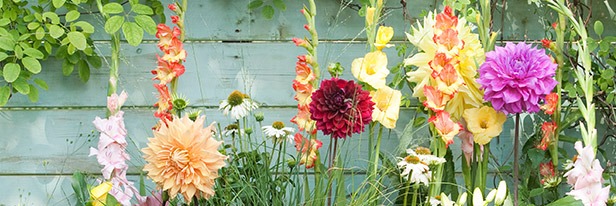
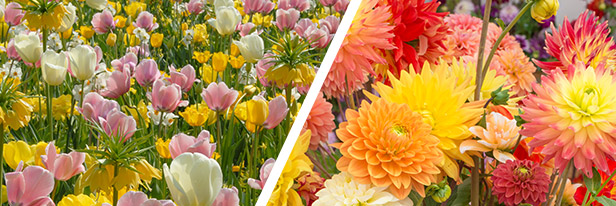
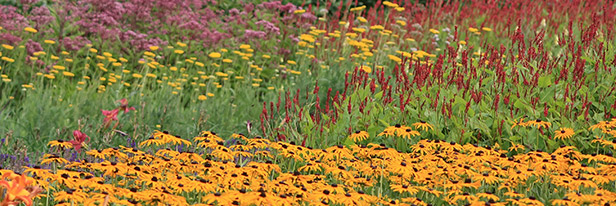
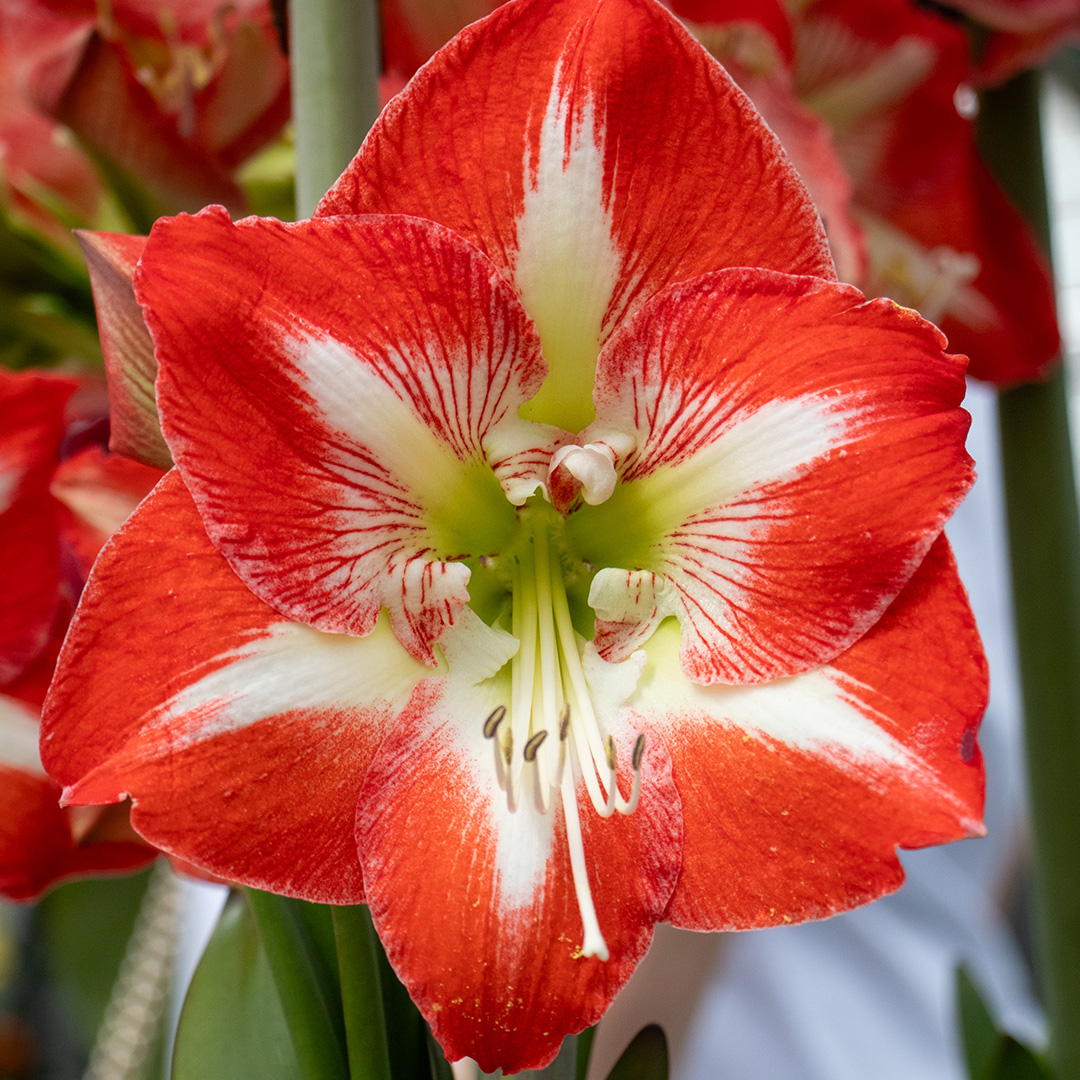
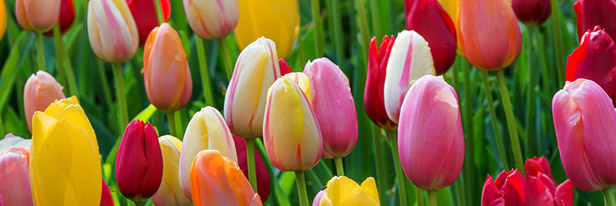
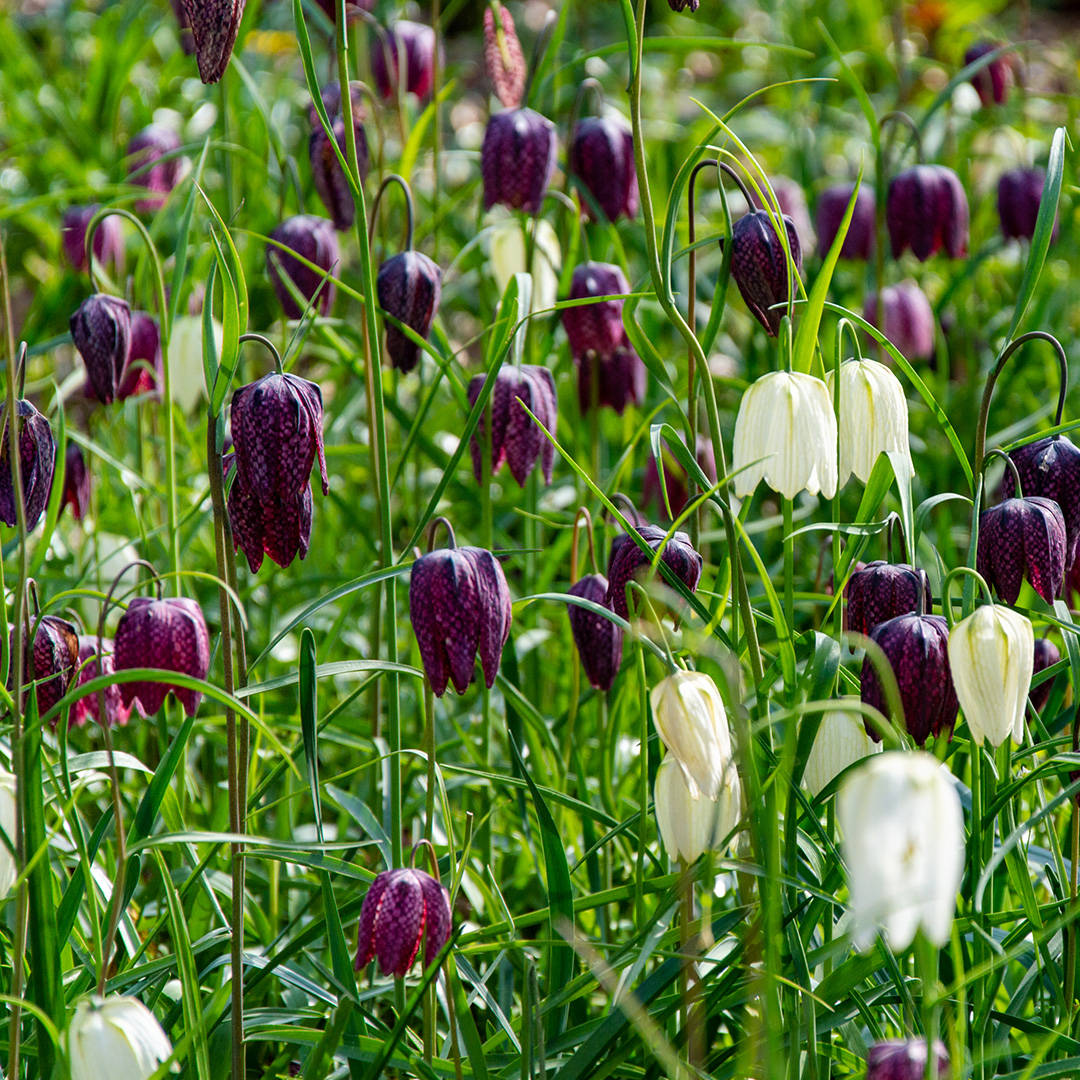
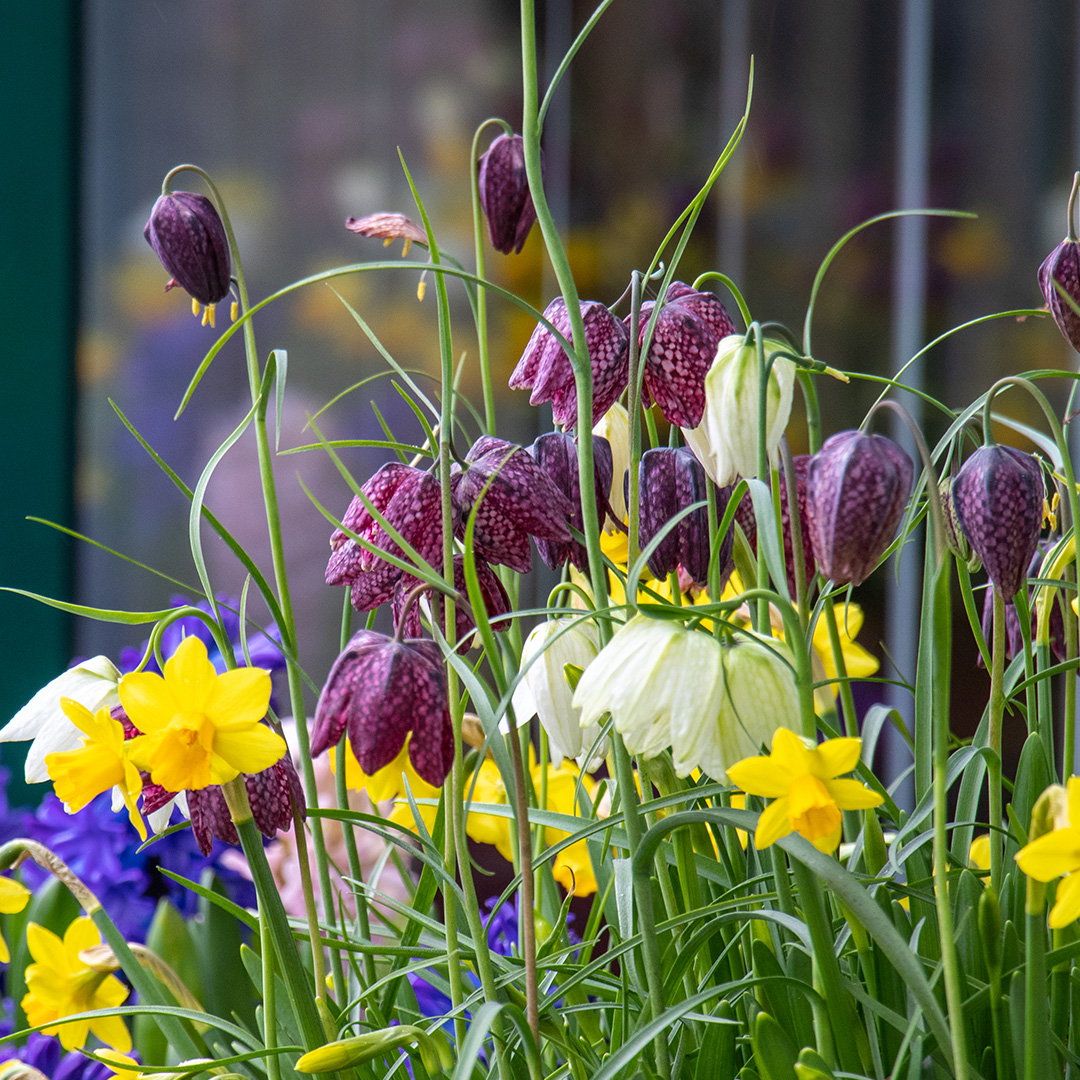
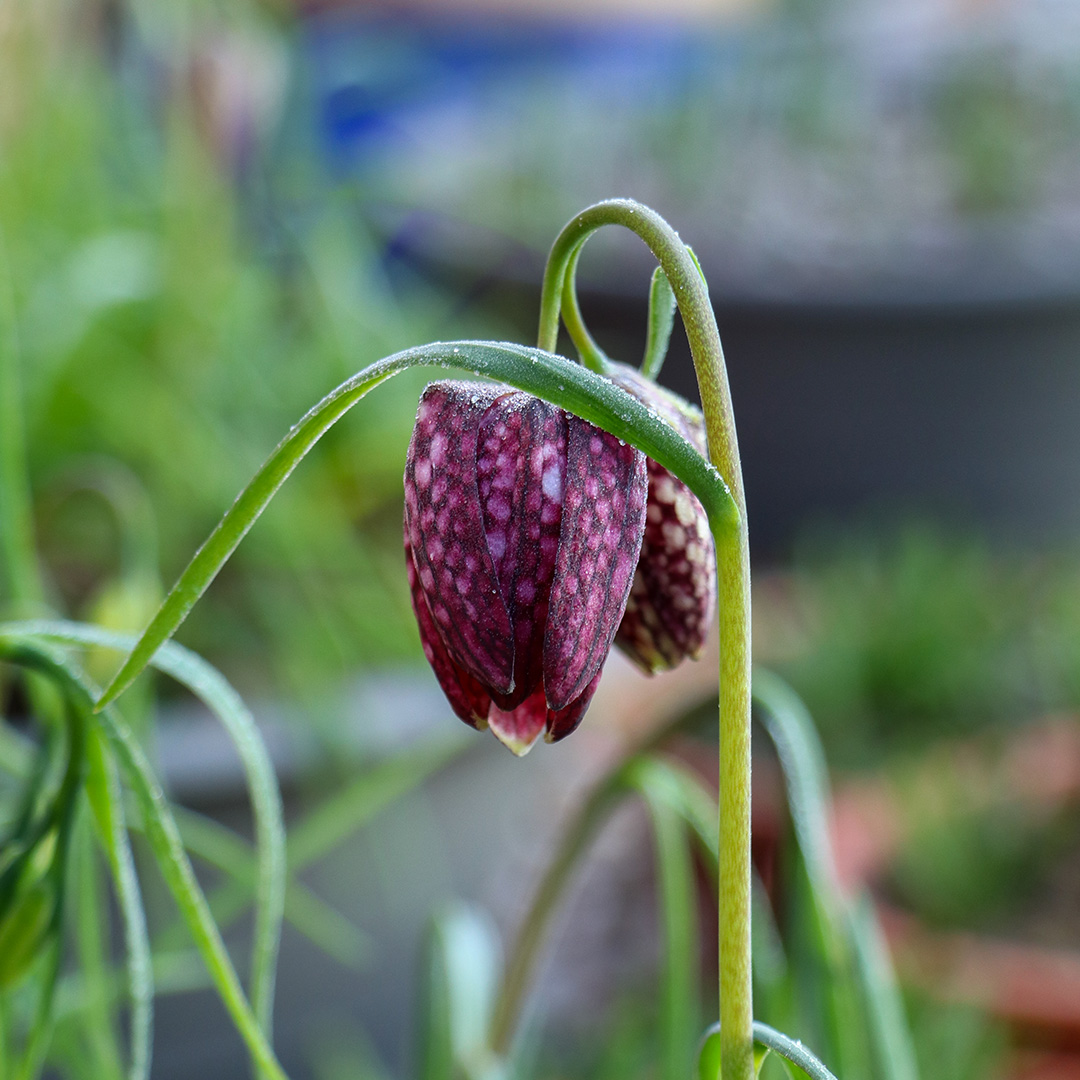
.svg?ts=1772101780)